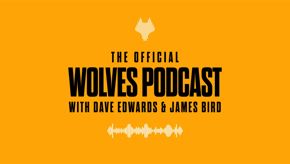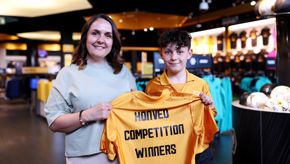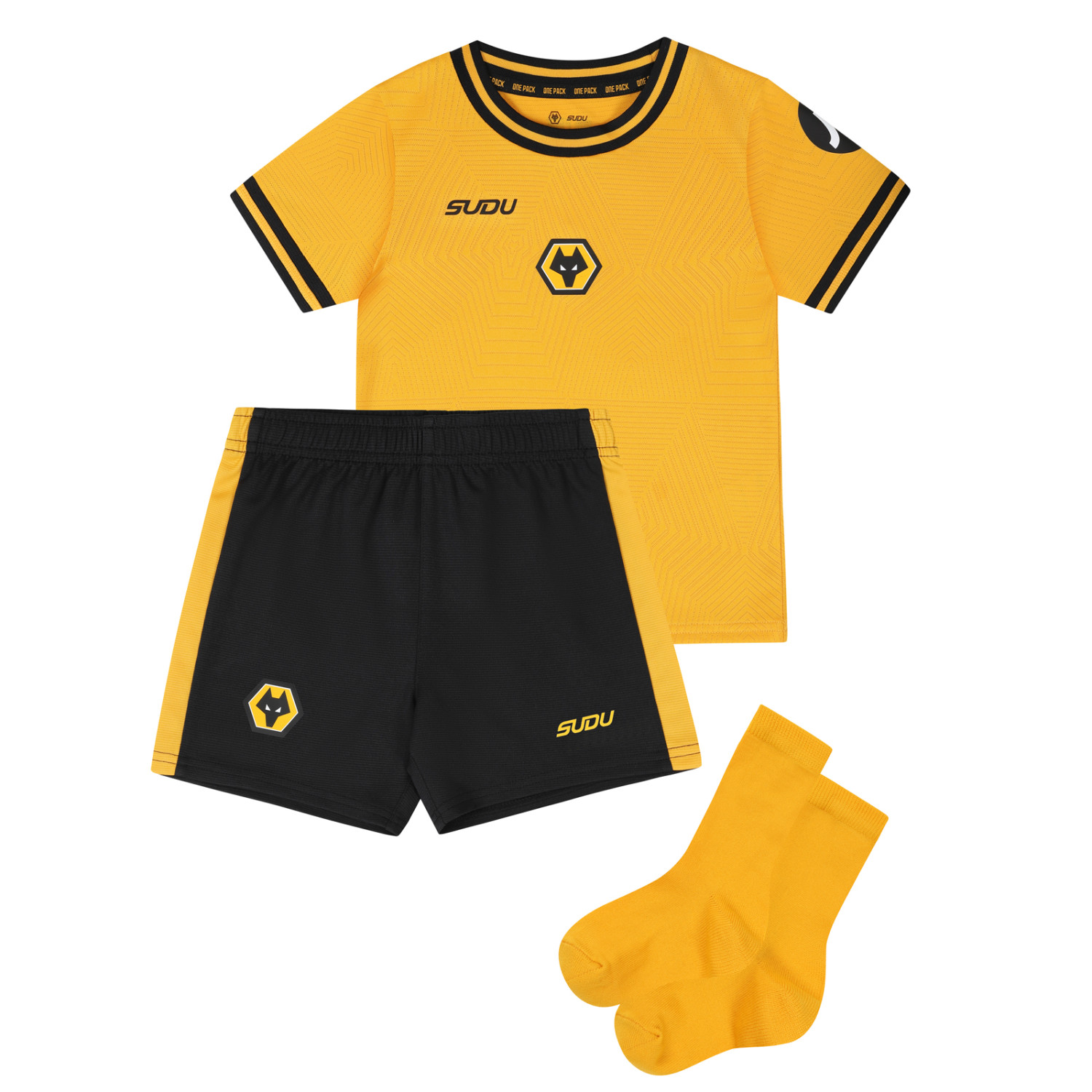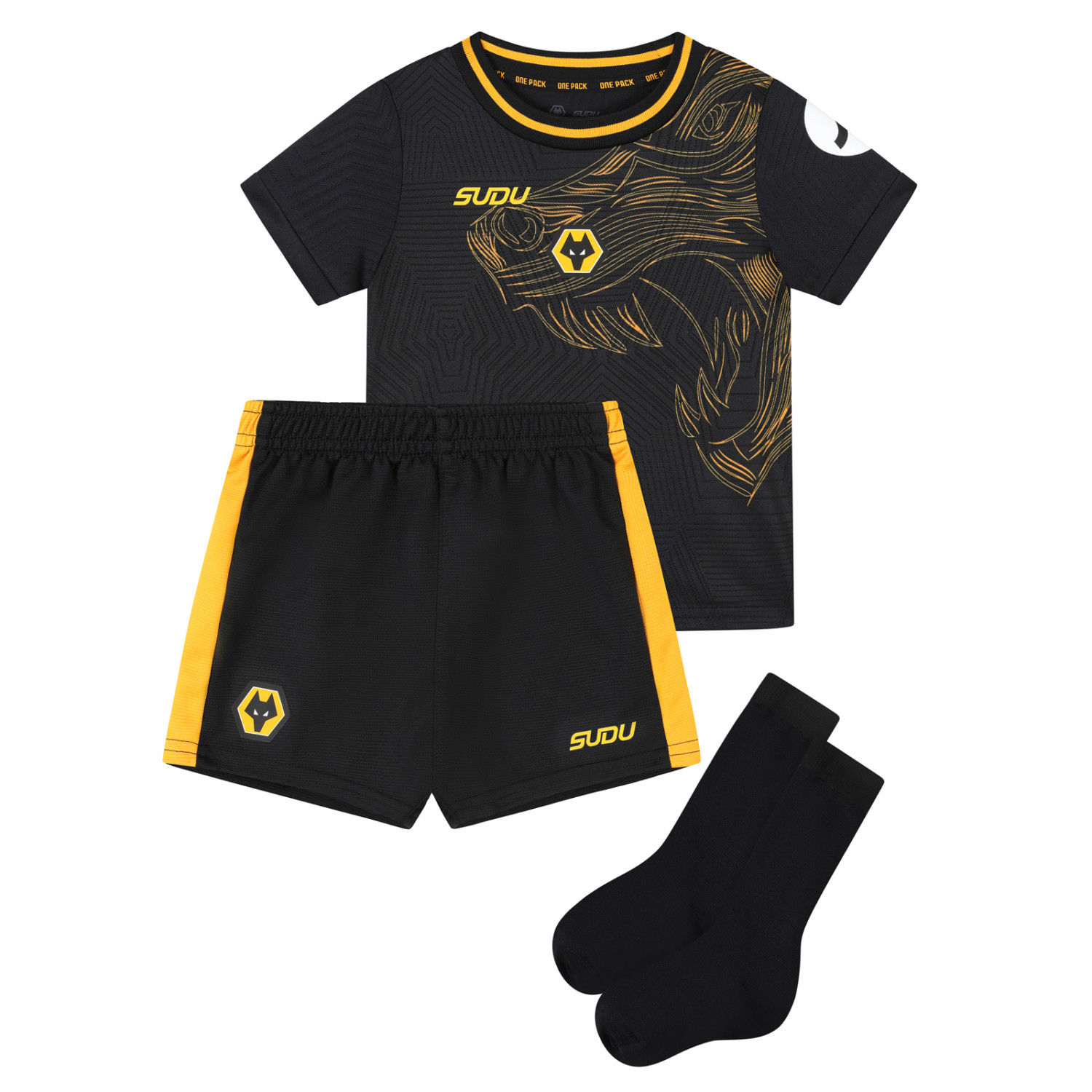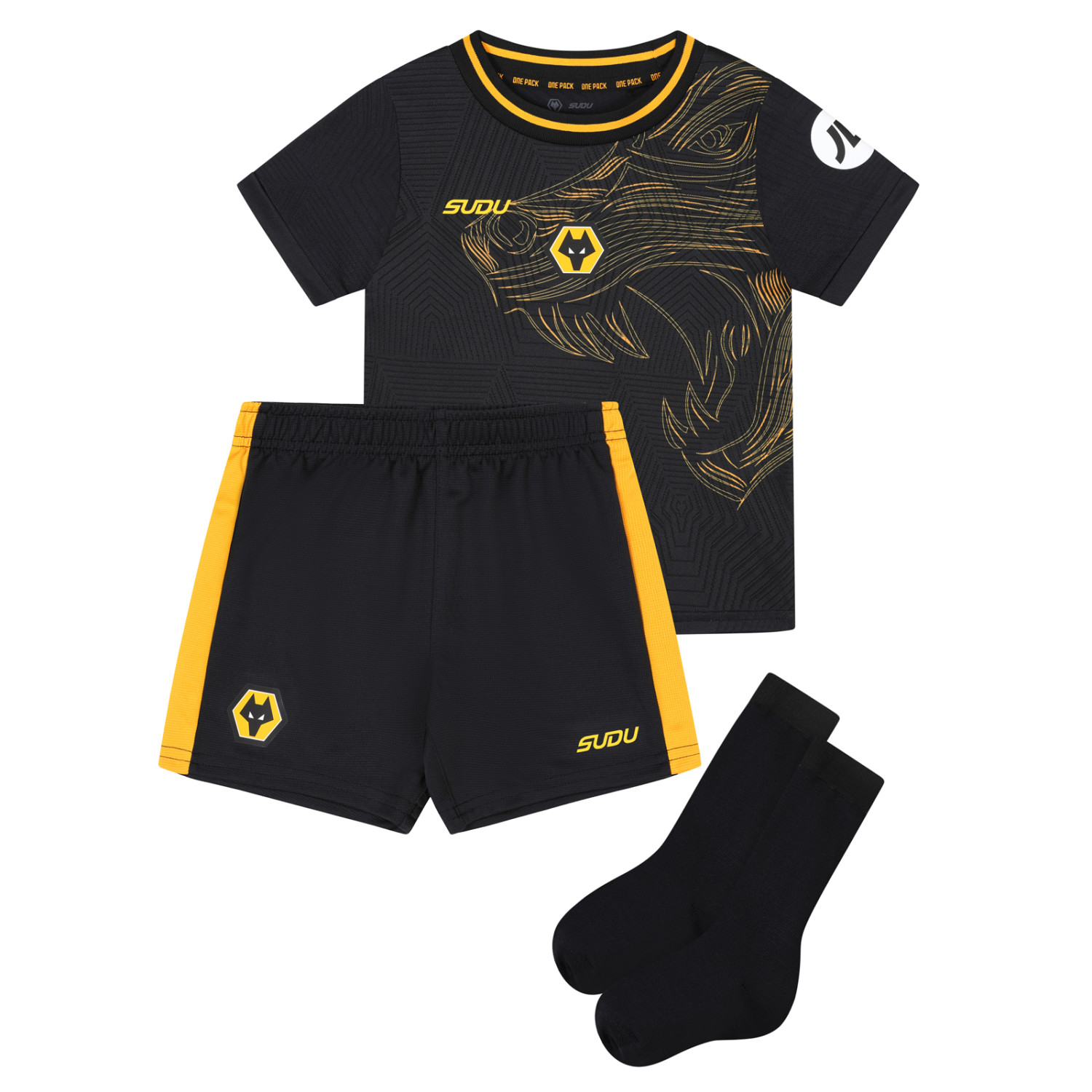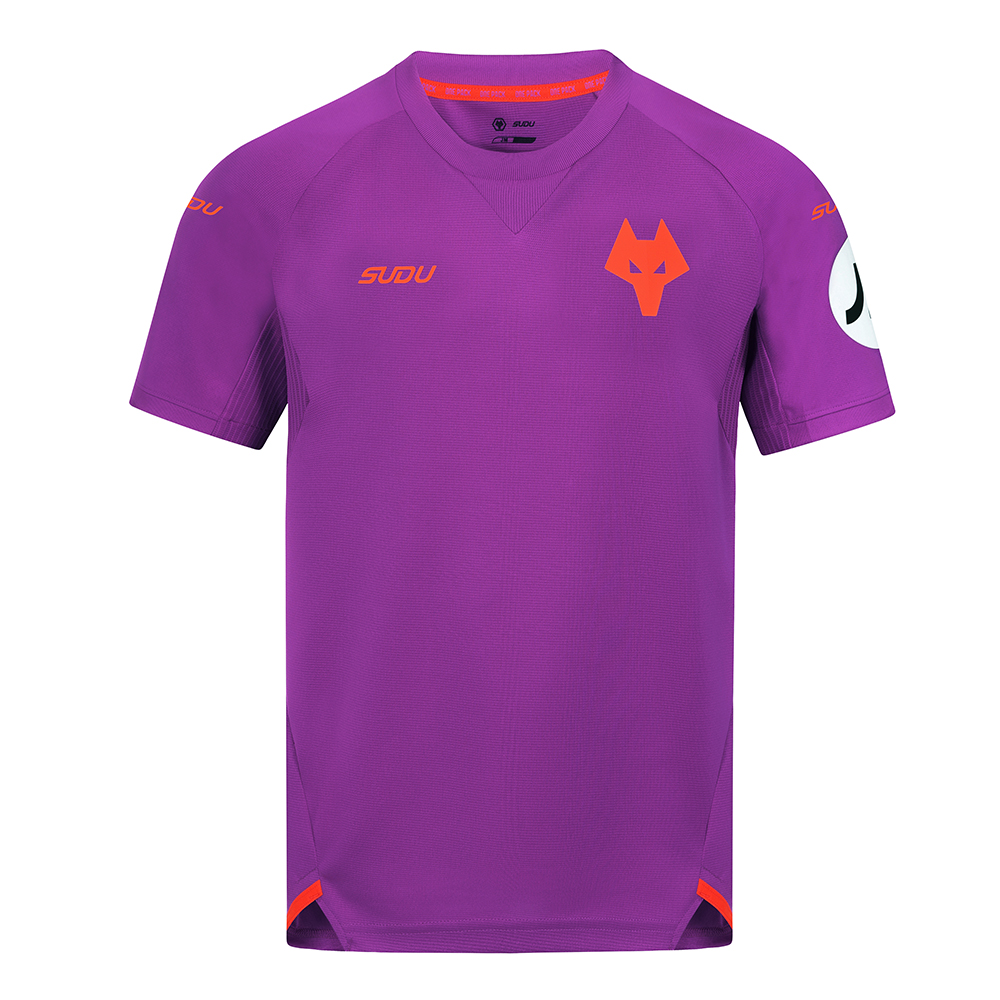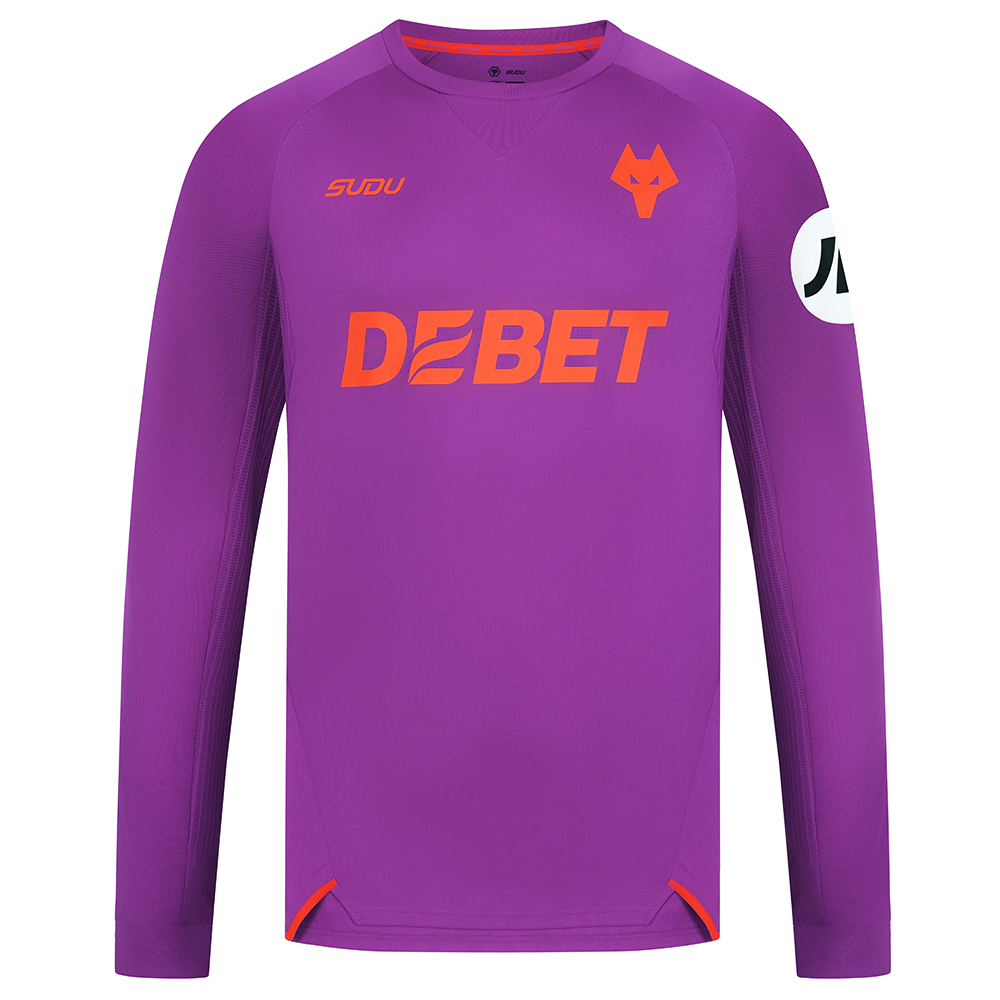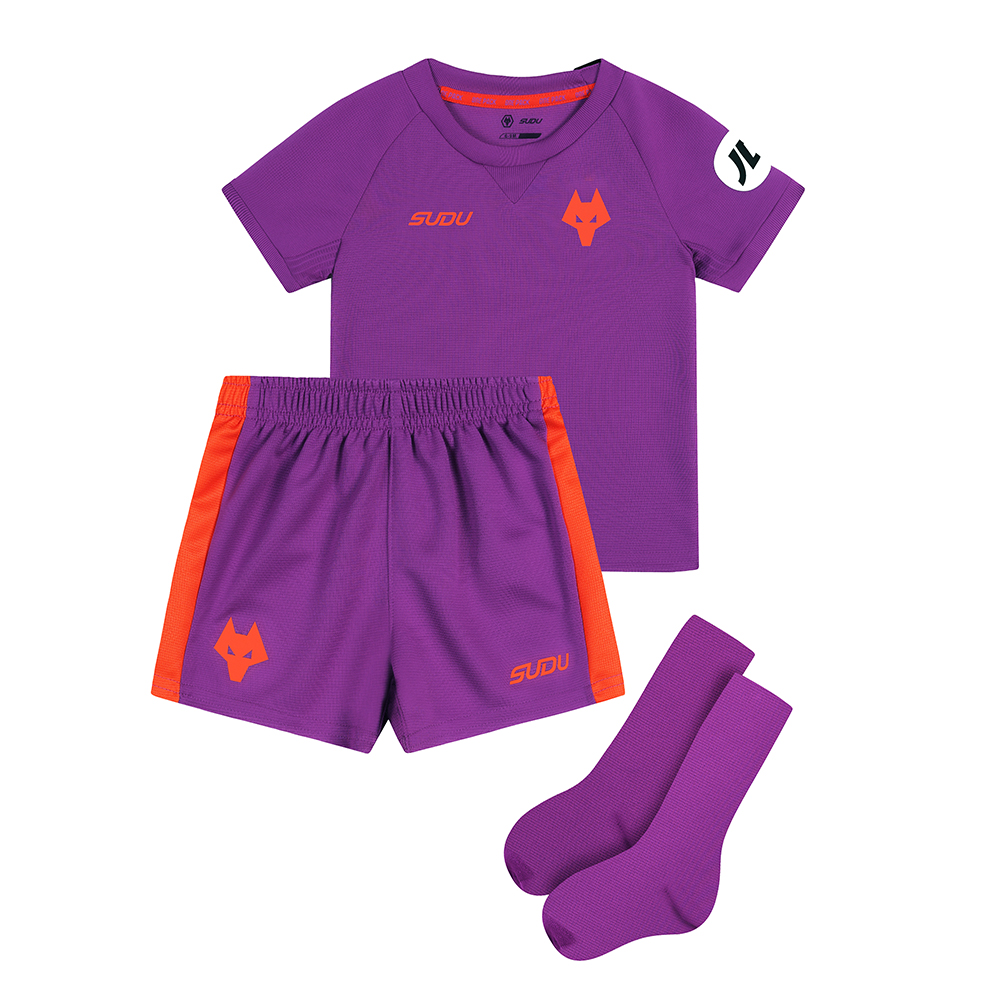WATCH
LISTEN
READ
Johnny Phillips: Rob, you oversee an area that covers the first-team right down to the junior and Academy teams and you’ve been in the role for about a year now, what’s changed in that time?
Rob Chakraverty: I think a lot has changed. We’re trying to build on all the good things that pre-existed, but what I’ve tried to do is bring the first-team and the Academy closer together, create a vision for our department and for the club and then mission statements and then ways of working that can go all the way through the club. So, our vision is to create a positive impact that lasts, so that no matter who is in my role or in other roles within the department, that we work in the same way and that we’ve made a difference in the long-term. And then we have mission statements for different areas. For the first-team, which is to go and go again – how do we keep going and going again, but still growing stronger and smarter, so that’s our challenge. And then with the Academy, it’s raising Wolves, so how do we focus on the individual to make them the best they can. And then with the women, who’ll hopefully be coming in next year, to give them the same experience and the same opportunities. Within that mission, there’s a strategy underneath that. We’ve tried to use the Wolves analogy to try to get people to focus and really understand what we are wanting from them. We have the Wolves lair, which is our environment, so to create the best environment for training, so that would mean making sure the pitches are good, making sure the groundsmen have got the pitches exactly how we need them because on hard pitches, the body reacts in one way, soft pitches reacts in another and may contribute to injuries, so that would be part of the environment, making sure the medical facilities are good, buying the cryochamber for recovery, that type of thing. And then, the pack, which is pack of wolves, which is the people in our department, to make sure that we’ve got a clear organisational structure, that we’ve recruited the best people from outside and also for people already in the department to make sure they understand their roles and responsibilities very clearly. And then the howls, which are the wolves’ howls, which is how we communicate and our processes, so really clarify when we have meetings what are outcomes from the meetings, who’s in the room and how do we communicate the outcomes of that meeting to the stakeholders. The hunt, which is looking for those sort of one per cents of things that can make us better, and also within the hunt you might find we have a problem, a problem with a specific type of injury, so let’s get together, let’s work out how we’re going to prevent that type of injury in the future. And the fifth strand is the nurture, the nurturing of the young wolves – the young players in the first-team and the players in the Academy, how do we look at them slightly differently to make sure that they’re reaching their potential.
JP: When you talk about the hunt element of the strategy and gaining those fine margins that can really help the first-team, can you give any specifics on that?
RC: Yeah, we’re looking at different areas to try to take us to another level. Obviously, we need to do all the background stuff first, but I think one big thing for us is looking at our data, so data is what drives a lot of decisions and, ultimately, we want to be making good decisions at every point. Making sure that we can share that data with the people that would need to see it, so creating bespoke dashboards of data visualisation. We just interviewed today for someone whose job it will be to create that data visualisation which we can use to inform coaches, have discussions with the loans, et cetera. Another one may be looking at our specific injuries, so, as with a lot of academies, we get a lot of bone stress injuries in our Academy, so part of the hunt is to go, ‘Right, let’s get a team together, a focus group, to review those injuries, look at the potential causes and then put things in place for next season to try to prevent them.’ Then with match congestion, we’re looking at how we manage fatigue better and how we recover players better. We’re looking at all the latest evidence, what is out there, and what do we want to bring in now. We’re not going straight for absolutely everything, but what’s our biggest bang for our buck; the thing that will have the biggest impact at this stage, and we’ll continue to look at things like that going forward.
JP: Does evidence change in the medical world all the time? Are you constantly having to update and reassess those sorts of things?
RC: I think that’s a common theme in medicine. When I qualified in 1986, about 50 per cent of what I was taught, is now proven to be wrong. So yes, medicine is constantly evolving, and we are always looking at the evidence for what else we can bring into the club. But the one per cents don’t trump getting the basics right and getting the basics right will make the biggest difference for now.
JP: The medical facilities you have here and the teams in place you have here, how do they compare with other clubs?
RC: I think I’m in a good position to compare with other clubs because in my last role I used to visit the Premier League clubs and their medical departments and see their facilities when we were discussing players and undoubtedly some of those facilities are out of this world. You know, Manchester City, Tottenham, they have the resources and have created fantastic training venues with everything they need. Here, it’s a different feel, this is smaller, but it’s got more soul in my opinion. We have everything we need, we have good medical equipment, medical facilities, a good gym, we’ve got four training pitches, plus two Astro pitches, and it is fine, it is adequate, and we could spend a lot of money improving that, but ultimately, if I could choose people or place, I’d choose people and we put a lot of focus on recruiting and developing people within our department and I think that trumps the facilities.
JP: Is that an issue of integration, because you walk around here and it feels intimate and it also feels like the Academy players, the first-team players and the staff all over are mixing and mixing in and do you feel that is something that can be important?
RC: I think it’s vitally important. When I joined, it was just as Covid was hitting and the Academy and the first-team were very much divided and I think, really, the Academy was working separately to the first-team. When I was recruited, I came in as lead doctor for the Academy so really understood how things worked over there, so when I got promoted to the first-team, then head of performance and medicine, it was easy for me to see what needed to happen to the Academy. They weren’t different, they were the same, and we’ve really worked hard to engage across the Academy and the first-team and I think that is reflected in how the players see it as well and how the rest of Compton view it.
JP: We’ve had one question about the injury record of the first-team at the moment. Now, before your time, in the first couple of years of Nuno’s time here, the injury record was very, very good indeed and the fitness levels were fantastic, in terms of players that they were able to put out on the pitch consistently, and that’s possibly not happened since. How can you return to those levels?
RC: I think the first thing to say that those years are remarkable statistics. I don’t know of any other club that have achieved them, and obviously, as forwards are judged on their goals and assists, then we’ll be judged on our injury rates. We had a bad year last year, everyone knows that, and then we inherited a few long-term injuries this year, which has reflected our stats for the year, but I think since February our injury rates have been good. But every injury we look at and say how can we have prevented that, so we’ll have a significant event analysis, where all the parties who are involved with that player will review everything that went around that player, in terms of leading up to the injury or re-injury and then say, well, what lessons can we learn. We learn on a case-by-case basis, which is really important in being progressive. But secondly, if you see a group of a certain type of injury, then we need to put in strategies. Like I said with the bone stress for the Academy, we’ve had too many hamstring injuries in the first-team this year and although the reasons for that can be many, we need to put in strategies for next year to make sure that we don’t have the same problem. It’s a constant focus of our attention and we are always trying to balance that risk of injury versus performance and it is a fine line, and to get that right is the aim for every Premier League club.
JP: And within that, I imagine some injuries are just unpreventable, they’re just sort of impact injuries that happen on the pitch?
RC: Yeah, I don’t think you can prevent contact injuries, what you can prevent are the overuse injuries or non-contact injuries, things like muscle injuries or muscular tenderness injuries, bone stress injuries, groin injuries – all of those are potentially preventable, and we have to make sure that we’re better at preventing them in the first place. The important thing to say when we’re trying to look at our injury prevention, is that it’s not just a problem of the medical department, it’s medical, it’s science, it’s strength and conditioning, it’s nutrition, it’s psychology and it’s the coaching team, and one thing that we have worked very hard on is making sure there’s good communication across all of those disciplines and Bruno and his staff are excellent at communicating and I think we will learn a lot from this season going into next, so hopefully next season will be better.
JP: Dr Matt Perry won’t be here next season with the first-team, how much of a loss will that be and how will you go about replacing the loss?
RC: Matt Perry is, as you know, a fantastic person, first and foremost, and been a servant to Wolves for many years. I think he’d covered his first game as a crowd doctor against Barcelona in 1998, so you can’t replace that level of experience of Wolves, and obviously he’s a fantastic person and empathetic, kind, hard-working, dedicated, all of those qualities, but he’s known he’s been going for a couple of years and when I was recruited it was with a succession plan in mind. I’ve spent two years really learning the ropes of Wolves with him and come in with my own experience of elite sport, so some of that experience has just been given, some of it was brought in by me. But we’ve also recruited other people into his present role, which is head of medical services and lead Academy doctor. We’ve got Dr Simon Jones who’s come from Everton, who’s started this week, and he brings seven years of experience there, and we have Dr Kai Win, who’s first-team doctor, who has all the great qualities that Matt has in terms of the hard work, dedication, empathy – players really love her, she’s very engaging. So, we’ve known Matt’s been leaving for a long time and we’ve been planning to replace him over a long time, so it’s not like he’s gone and now what do we do, we’ve been planning this for some time, so hopefully it will be smooth and he is always on the end of a phone if I need him, I’ve got his number.
JP: That’s good to know. And just to throw it forward finally, next season will be very different. Obviously, there’s a World Cup involved, the season starts at a different time and finishes at a different time, how will you be able to plan for that and what will you need to do?
RC: If I look at the World Cup to start with, it comes at a very different time of year to when World Cups are traditionally. We’re used to international camps, so through the year there’s at least four or five international camps per year and hopefully we’ll have a lot of people going to the World Cup as well, so they’ll be kept fit with their teams. Our job for the players that are going is to make sure that we are communicating well, so doctor to doctor of the national team, scientists with their scientists, and then we’ll also be communicating with the players regularly so we can see where they’re at so that when they come back – and hopefully they’ll last through to the end of the tournament – we can manage them back into playing with us. And for the players that don’t get selected, then I think it’s keeping them fit, not working them to death because there won’t be games but making sure they get an adequate time to recover psychologically, spend some time at home but also in here and keeping themselves physically fit, and I’m sure Bruno will come up with a plan to keep them training and work on their tactical and technical requirements.
JP: And what developments do you see going forward in the next 12 months and beyond?
RC: In terms of our first-team strategy, now that we’ve got the infrastructure in place, is to set targets, so make sure we live up to those targets and that might be specific injury rates or specific types of injuries. And with the Academy, a real focus on our elite players. We’ve created roles for a physiotherapist, a sports scientist to work specifically with the elite players throughout the pathway which will match up with what the coaching team are doing as well so that hopefully we’re bringing the young blood through and, hopefully, into this building.
All 11 instalments of Ask Wolves series two are now live in video, written and audio format and can be found by clicking on the links below:

